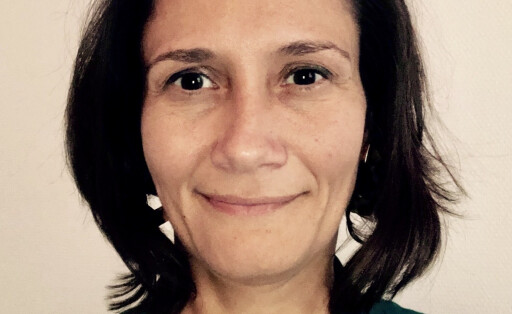


After the climate conference in Glasgow, the Global South is in danger of no longer believing the promises of the industrialized countries on climate financing. This trust gap must be closed quickly, demands Susi Dennison of the European Council on Foreign Relations. She outlines ways in which the EU could meaningfully engage in the debate and explains the potential of green technologies.
By Redaktion Table

The authority has presented the new guidelines for climate and energy subsidies. For Germany, this means that several sectors can no longer be exempted from the EEG surcharge. Nevertheless, the industry is relieved.
By Till Hoppe

At the Environment Council, the responsible ministers and their representatives discussed the progress of the Fit for 55 package at the end of the year. One sticking point in the political exchange of views: the climate social fund. Some member states fear a massive social imbalance, especially in the event of an expansion of emissions trading, and are therefore pushing for greater financial support from Brussels. But where the money for this should come from is still an open point of contention.
By Lukas Knigge

A contradiction is emerging between two green pet projects. The new government wants to expand solar energy on the one hand and enforce human rights in global supply chains on the other. But the solar supply chain is dominated by China. And forced labor appears to be occurring in Xinjiang in the production of the raw material for solar panels. Trade sanctions will hardly solve the problem.
By Nico Beckert

Calls for stronger regulation of European emissions trading are growing louder. The fear of endlessly rising CO2 prices due to market speculation is too great. However, it is still unclear whether this concern is justified. The first step towards a more equitable CO2 market could therefore be an improved data situation.
By Lukas Knigge



